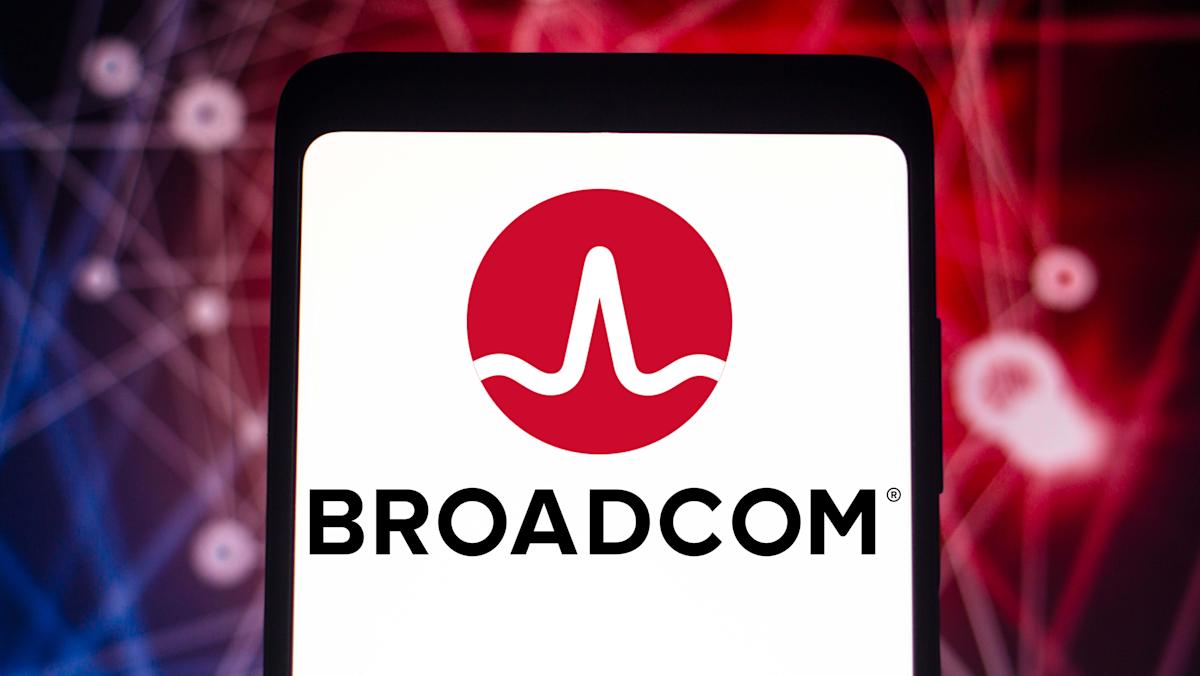How Middle Managers Drive Company Performance And Employee Engagement

Table of Contents
The Crucial Role of Middle Managers in Bridging the Gap
Middle managers occupy a unique and vital position within any organization. They serve as the crucial link between executive leadership and front-line employees, translating strategic vision into actionable plans and ensuring effective communication flows in both directions. Their influence permeates every aspect of the workplace, impacting productivity, morale, and ultimately, the company's success. This bridging function requires a diverse skill set, encompassing leadership, communication, and problem-solving abilities.
-
Translating company strategy into actionable goals for teams: Middle managers break down complex, high-level strategies into achievable goals and tasks for their individual teams, ensuring everyone understands their contribution to the overall objectives. This clear communication is essential for alignment and focus.
-
Facilitating communication and feedback between upper management and employees: They act as a conduit, relaying information from leadership to employees and vice versa, fostering a transparent and open communication environment. This two-way communication helps prevent misunderstandings and fosters trust.
-
Identifying and addressing employee concerns before they escalate: By maintaining close relationships with their teams, middle managers can quickly identify potential problems or sources of dissatisfaction before they negatively impact morale or productivity. Early intervention is crucial for maintaining a positive work environment.
-
Championing employee development and growth opportunities: Effective middle managers actively invest in the professional growth of their team members, identifying training needs, mentoring individuals, and providing opportunities for advancement. This investment in human capital pays significant dividends.
Fostering Employee Engagement Through Effective Middle Management
Employee engagement is not merely a buzzword; it's a critical driver of productivity, innovation, and retention. Middle managers play a pivotal role in fostering this engagement by creating a positive and supportive work environment. Their actions directly impact the daily experiences of employees, influencing their motivation and commitment.
-
Regular check-ins and one-on-one meetings with team members: These regular interactions provide opportunities for feedback, address concerns, and build rapport. They show employees that their contributions are valued.
-
Creating a positive and supportive work environment: This involves fostering a culture of collaboration, mutual respect, and open communication where employees feel comfortable contributing their ideas and concerns.
-
Providing constructive feedback and recognition: Regular, specific feedback helps employees understand their strengths and areas for improvement. Recognizing achievements, both big and small, boosts morale and reinforces positive behavior.
-
Delegating effectively and empowering employees: Empowering employees by delegating responsibility and providing autonomy increases their sense of ownership and job satisfaction.
-
Promoting work-life balance and employee well-being: Supporting a healthy work-life balance demonstrates care for employees' well-being and reduces burnout.
-
Utilizing employee engagement surveys and acting on feedback: Regularly gathering feedback through surveys and actively addressing concerns demonstrates a commitment to improvement and employee voice.
Improving Company Performance via Middle Management Initiatives
Effective middle management directly impacts key performance indicators (KPIs) across the organization. Their contributions extend beyond simply managing teams; they actively drive improvements in efficiency, innovation, and strategic execution.
-
Driving productivity and efficiency through effective team management: Streamlined workflows, optimized processes, and clear communication all contribute to increased productivity.
-
Improving process optimization and streamlining workflows: Middle managers can identify bottlenecks and inefficiencies, implementing improvements that boost overall performance.
-
Mentoring and developing high-performing teams: Investing in employee development leads to more skilled and productive teams, directly impacting KPIs.
-
Identifying and implementing innovative solutions: By empowering their teams and fostering a culture of innovation, middle managers can contribute to the development of new ideas and solutions.
-
Contributing to strategic planning and execution: Their involvement in strategic planning ensures that the company's goals are effectively translated into actionable plans at the team level.
-
Monitoring and reporting on key performance indicators (KPIs): Regular monitoring and reporting provide crucial insights into performance, allowing for timely adjustments and improvements.
Developing High-Performing Middle Managers: Training and Support
Investing in the development of middle managers is an investment in the future success of the entire organization. Providing them with the necessary training, resources, and support enables them to fulfill their crucial role effectively.
-
Leadership training programs focused on communication, delegation, and conflict resolution: These programs equip middle managers with the skills they need to lead effectively and build strong teams.
-
Mentorship opportunities with senior leaders: Mentorship provides valuable guidance and support, accelerating the development of middle management talent.
-
Providing access to resources and tools for effective management: Providing the right tools and resources empowers middle managers to perform their roles more efficiently and effectively.
-
Regular performance reviews and feedback sessions: Regular feedback helps middle managers identify areas for improvement and track their progress.
-
Opportunities for professional development and advancement: Creating opportunities for growth and advancement fosters loyalty and motivates high performance.
Conclusion
Effective middle managers are essential for bridging the gap between leadership and employees, fostering high engagement, and driving significant improvements in company performance. Their ability to translate strategy, facilitate communication, and develop high-performing teams directly impacts KPIs and overall organizational success. Investing in the development of your middle managers is an investment in your company's future success. Start by implementing some of the strategies discussed today to see a positive impact on both employee engagement and company performance. Strengthen your middle management team and unlock your company's full potential by empowering your middle managers with the training and support they need to thrive.

Featured Posts
-
 When Does Tracker Return To Cbs Season 3 Release Date Confirmed
May 27, 2025
When Does Tracker Return To Cbs Season 3 Release Date Confirmed
May 27, 2025 -
 Rising Rent In La Selling Sunset Star Speaks Out On Fire Related Price Gouging
May 27, 2025
Rising Rent In La Selling Sunset Star Speaks Out On Fire Related Price Gouging
May 27, 2025 -
 Last Friday Sequel Confirmed Ice Cube To Lead
May 27, 2025
Last Friday Sequel Confirmed Ice Cube To Lead
May 27, 2025 -
 At And T Highlights Extreme Cost Increase Following Broadcoms V Mware Bid
May 27, 2025
At And T Highlights Extreme Cost Increase Following Broadcoms V Mware Bid
May 27, 2025 -
 Ru Pauls Drag Race All Stars 10 Cast Announced Details Revealed
May 27, 2025
Ru Pauls Drag Race All Stars 10 Cast Announced Details Revealed
May 27, 2025
